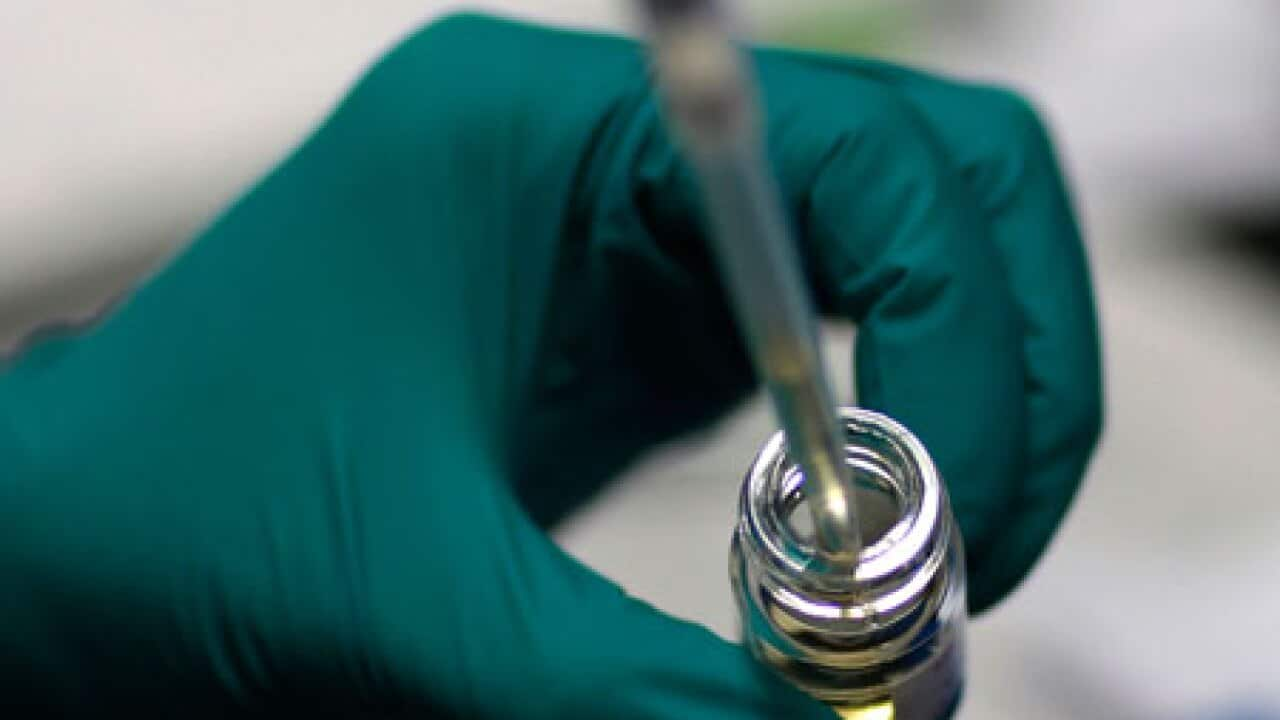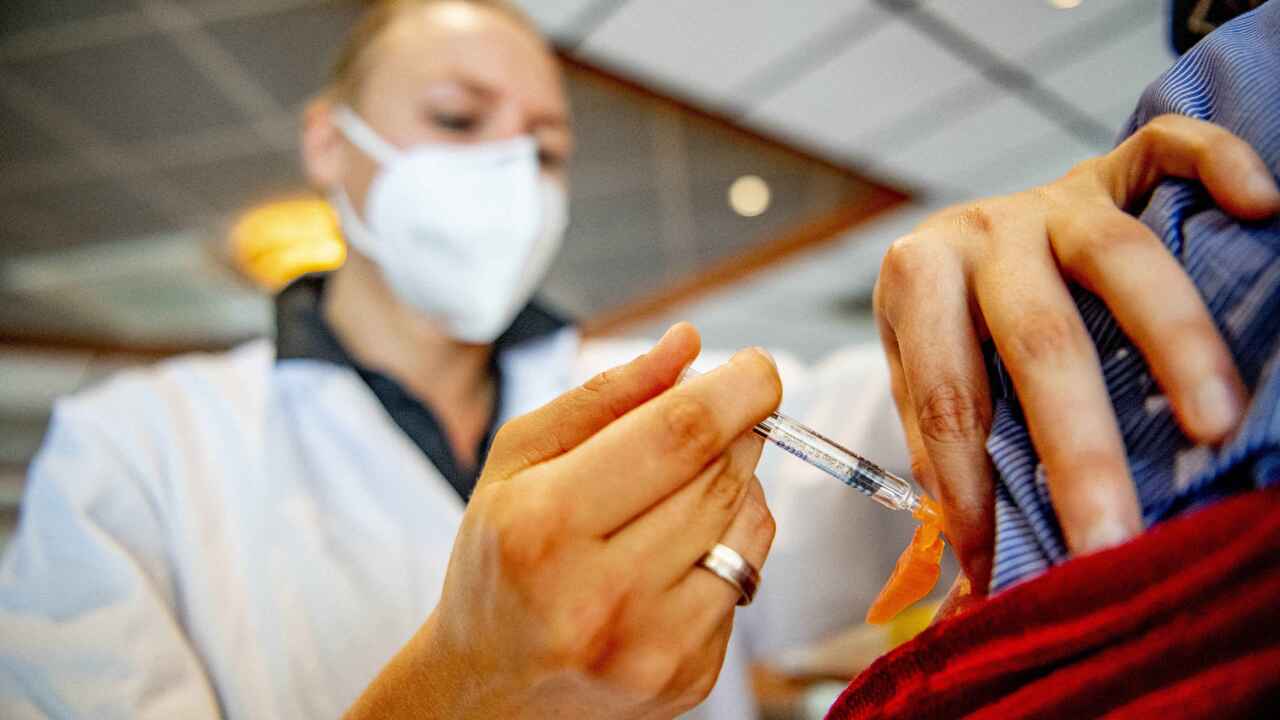Key Points
- Older people are more vulnerable to tetanus.
- Tetanus is a bacterial infection and is rare in Australia.
- But making sure you're up to date with tetanus vaccines can help you avoid infection.
Older Australians are being urged to check their tetanus vaccination status after the death of a NSW woman from the bacterial infection.
The woman, aged in her 80s, died on 1 April in the first fatality from tetanus in the state since 1993.
Two other people from NSW also contracted tetanus this year. The cases in the state are the first since 2019.
Tetanus cases across Australia remain uncommon.
Since 1995, fewer than 10 cases have been reported each year,
What is tetanus and how do you get it?
Tetanus is an infection caused by bacteria called Clostridium Tetani, which is found in soil.
The bacteria can enter a person through wounds in the skin, according to Professor Raina MacIntyre from the University of NSW.
“It's generally a wound in a site where it's difficult to clean or doesn't get much oxygen or light,” she said.
This includes areas such as in between the toes, fingers or at the bottom of your feet.
What are the symptoms, and is it contagious?
Early symptoms can be flu-like, with aches and pains in the body.
The bacteria then produces a tetanus toxin which can impact your muscles, causing spasms affecting the jaw, face and other parts of the body.
Lockjaw is often associated with cases of tetanus as it can cause a person’s neck or jaw to lock, making it hard to open or swallow.
Tetanus is not contagious, and you cannot catch it from other people who have it.
Who is more at risk?
People aged from 50-65 are more vulnerable to tetanus, as they may not have had a vaccine for the infection recently.
“These cases almost always occur in people who either haven't got their vaccination up to date or are getting quite elderly and their immune system can’t cope anymore,” according to University of South Australia Professor Adrian Esterman.
“Those aged between 50-65 who haven’t had a tetanus vaccine for 10 years ought to get a booster shot,” he said.
Professor Esterman said some GPs should notify their older patients more about when they should get their next tetanus vaccine.
Is a vaccination necessary?
Yes, getting a shot is normally the first step in avoiding tetanus.
Tetanus used to be fairly common in Australia before vaccinations became widespread from 1953.
NSW Health said in a release on Thursday: "A three-dose primary course of tetanus vaccinations is offered in infancy under the National Immunisation Program. Adults who have had a primary course of tetanus vaccine should receive booster doses at 50 and 65 years if it has been more than 10 years since the last dose. Adults who have never received a primary course should receive three doses of tetanus-containing vaccine, followed by booster doses after 10 and 20 years."
Professor MacIntyre said “simple things”, such as wearing footwear in the garden or wearing gloves can help people avoid getting tetanus.
What’s the treatment for tetanus?
If you do get tetanus, you could be given a breathing tube if you have difficulties breathing from experiencing lockjaw.
You would also be given supplements to act against the toxin, according to Professor Esterman.
“They give you immunoglobulin, which is an antibody to act against the toxin and stop it spreading even further,” he said.
“You would also get antibiotics and other treatments to slow it down."





